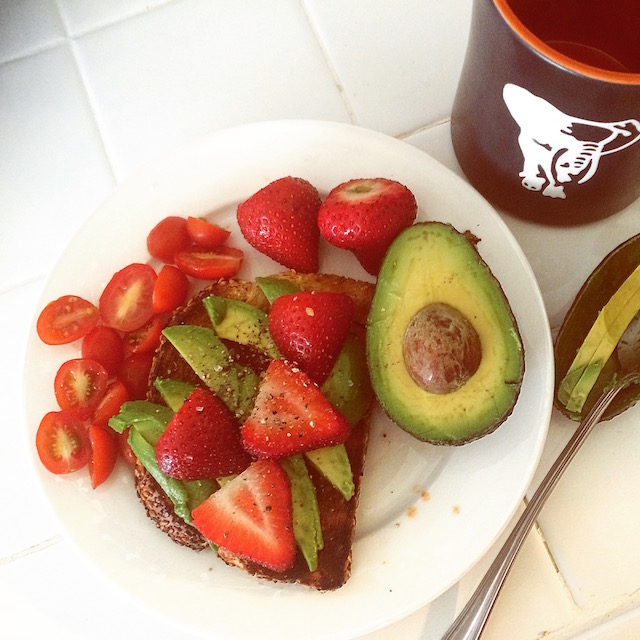When I first went vegan, I genuinely thought my food was “cruelty-free,” but unfortunately, this euphoria didn’t last long.
Soon I learned that palm oil destroys habitats and had to stop happily chomping down on Oreos. Then I learned about child labor, human trafficking and slavery—the dark side of my favorite Hershey’s cocoa powder. Driscoll berries, as well as Chiquita, Del Monte and Dole bananas, followed suit as I kept reading about unethical practices of one company after another.
Last week, after I discovered that the avocado business is indirectly fueling illegal deforestation and environmental degradation in Mexico, I put down my perfectly creamy, green toast and exclaimed, “Not again!”
Not only does profit drive growers to thin out native pine forests to plant avocado trees, but those capricious sources of avo-obsession also need repeated cycles of chemical inputs and irrigation. Moreover, since this trade is controlled by a drug cartel known as the Caballeros Templarios, a share of avocado revenue may fuel criminal activity.
Whenever I learn about issues like this, I start questioning whether my conscious consumerism makes any difference if so many seemingly harmless products turn out to be the new devil. Even if I don’t support factory farming, what I buy probably profits off of human rights violations and contributes to environmental destruction.
And the sad truth is: no capitalism-fueled product of labor is cruelty-free. But does this mean we should give up?
With greater knowledge comes the responsibility to act. This means there is a lot to learn about the world and even more to share with others, whether through volunteer work, activism, writing or while talking at the dinner table. There is no simple answer, no easy solution, but opening our eyes to the problem is the first step.
For avocados and other crops, we can pledge to purchase Fairtrade, which guarantees environmental responsibility as well as producers’ living wages and better working conditions. In addition to Fair Trade USA partners—five sustainable avocado-growing companies—Equal Exchange has recently established a partnership with Pragor, a progressive group of small-scale avocado farmers in Michoacán.
Still, when it comes to crops like avocados, bananas, coffee, chocolate and others that are grown thousands of miles away, we need to view them as a luxury of foreign import—not a staple. Local Harvest helps find local farms, farmers markets, and food co-ops, while Local Foods provides a state-by-state guide to seasonal produce.
In the end, when we are on a path of responsible consumerism, the more we learn about the world, the more we realize how hard it is to shop ethically. But it’s empowering to know that by simply choosing the right avocado to put on our morning toast, we can consciously support a small community of growers thousands of miles away.
Author: Anna Sorokina
Image: Author’s own
Editor: Nicole Cameron









Read 6 comments and reply